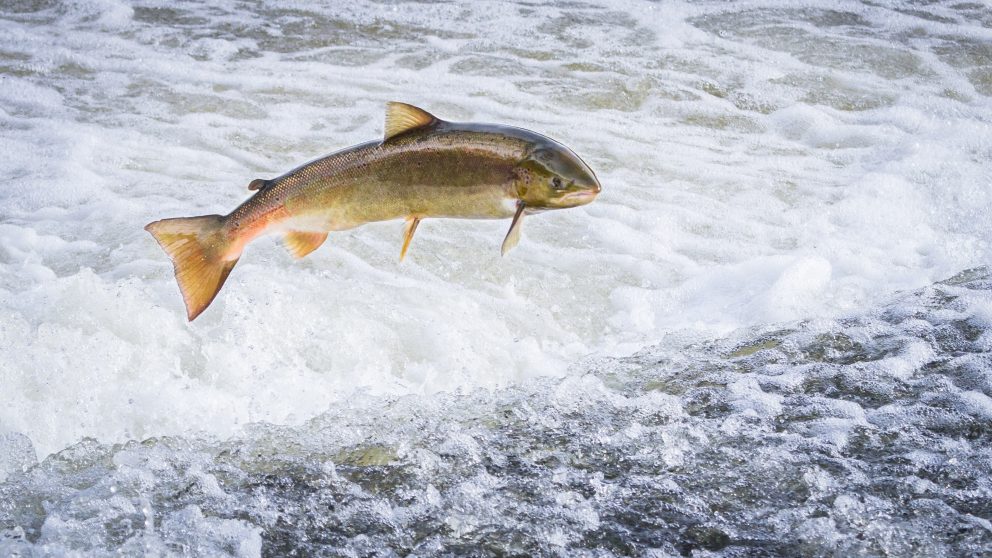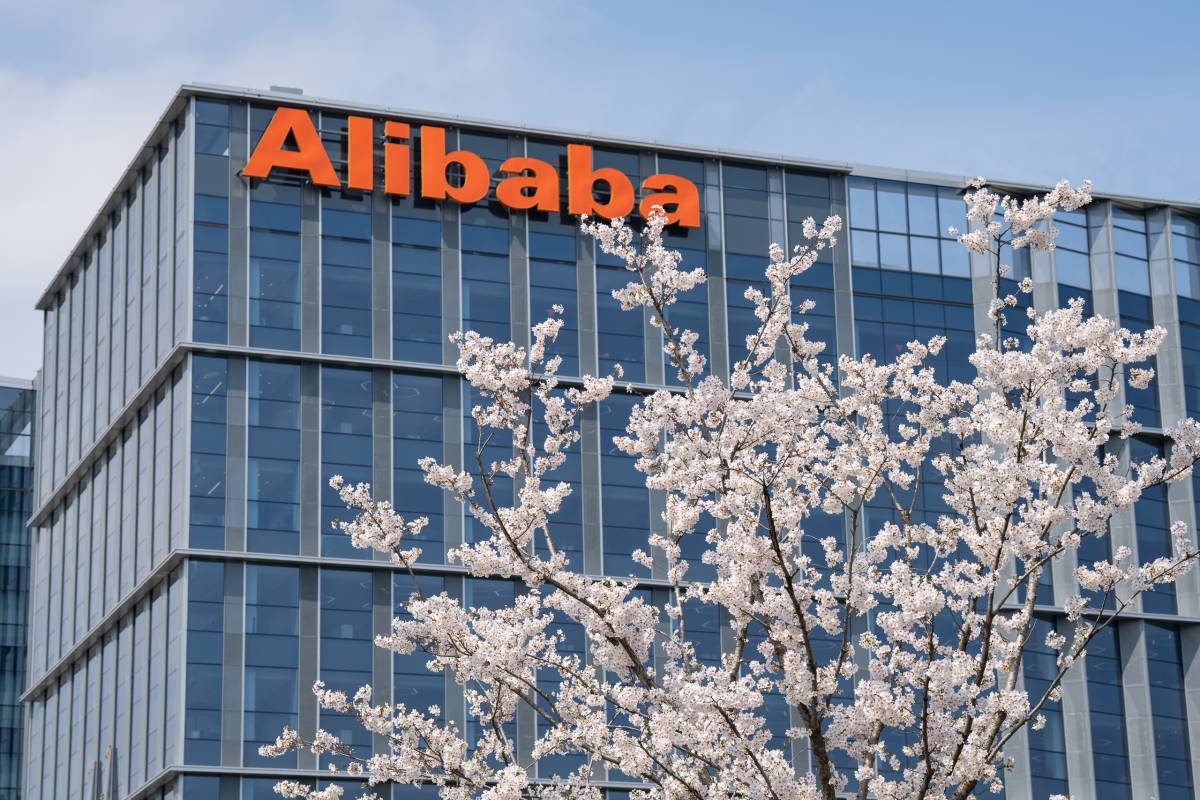
Photo credit: Shutterstock
This week, Alibaba Group earned top spot in a climate action ranking of Chinese e-commerce platforms, put together by international environmental group Greenpeace.
In other news, Alizila spoke with the International Olympic Committee’s head of sustainability about five ways February’s Winter Games will be greener than ever.
Alibaba’s high-tech grocery store chain Freshippo also reported some fishy business this week, after salmon consumption in China tripled in December to reach pre-pandemic levels.
Alibaba Leads China E-Commerce Platforms in Green Rankings
Alibaba leads Chinese e-commerce platforms in combatting climate change, according to climate activist group Greenpeace, after it pledged in December to reach carbon neutrality by 2030.
Globally, governments and investors are demanding that companies disclose more information on the environmental impact of their operations and the steps they are taking to mitigate the pollution.
Amid this clamor for action, Greenpeace ranked Alibaba and its peers based on their commitment to tackling climate change, actions already taken, disclosure levels and steps taken to manage platforms responsibly and sustainably.
Alibaba is the only company that has set a date to achieve carbon neutrality for its group-wide operations, Greenpeace said in its report.
Get the full scoop here
Five Ways the Olympic Winter Games Will Be Greener: From Eco-Friendly Ice Rinks to Recycled Buildings
Climate change is increasingly impacting the sports world, where unreliable snowfalls and temperatures are disrupting winter sports and hotter summers threaten the health of athletes, event organizers and fans alike.
The International Olympic Committee (IOC), organizer of the world’s largest sporting event, has kicked off a push to cut greenhouse gas emissions and next month’s Winter Games promise to be greener than ever.
“The majority of our carbon footprint is travel, so this is going to be the most significant area of focus for us, and obviously the most difficult as well,” Michelle Lemaitre, the IOC’s Head of Sustainability, told Alizila.
The Olympic Winter Games Beijing 2022 will feature eco-friendly refrigeration systems at ice venues, digital upgrades to allow virtual participation by viewers and a massive offsetting push to plant 350,000 trees, among other efforts.
Discover the full list here
Chinese Salmon Consumption in China Tops Pre-Pandemic Levels
Salmon consumption in China increased by tripled year-on-year last month, even exceeding the pre-pandemic level, according to data from Freshippo, Alibaba Group’s high-tech grocery chain.
Salmon consumption took a hit in China after the coronavirus outbreak, but demand for salmon climbed as the pandemic came under control. According to the Norwegian Seafood Council, in the first eight months of 2021, Norway exported 18,079 tons of fresh whole Norwegian salmon to China, surpassing total exports in 2020.
Beyond wealthy coastal cities, China’s growing appetite for salmon also sharpened in mid-and western cities, including Kunming, Chongqing, and Wuhan. Freshippo said that Chinese consumers’ hunger pangs for salmon are likely to increase with rising consumption standards and demand for a wider range of tasty nibbles.




